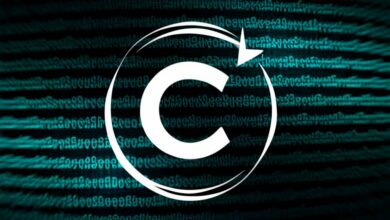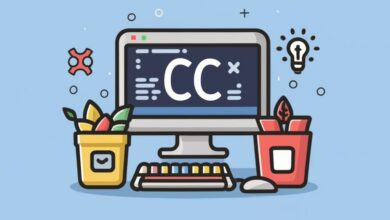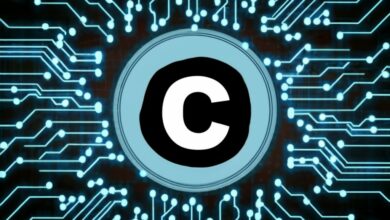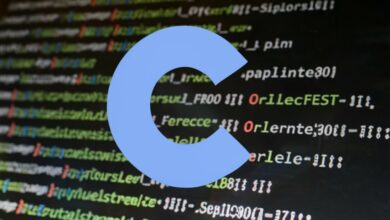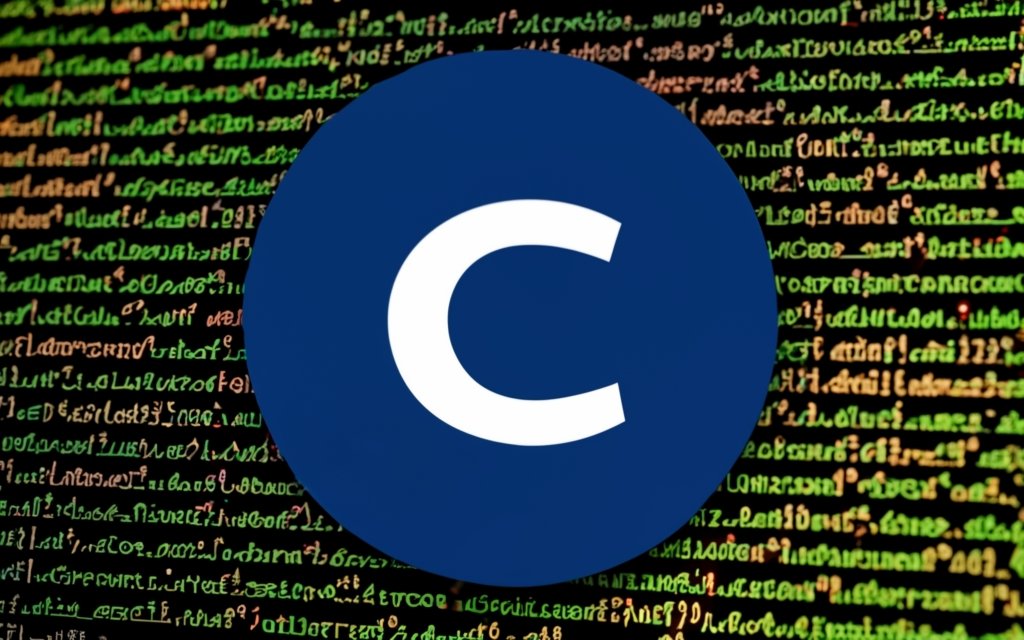
Pointer in c definition syntax and working with advantages and disadvantages
Pointers, often referred to as the “Swiss army knife” of C programming, hold a unique and powerful position in the language. This guide delves into the intricate world of pointers, exploring their definition, syntax, working principles, and both their advantages and disadvantages. By the end, you’ll be equipped to wield pointers effectively and unlock their full potential in your C programs.
Demystifying the Definition: What are Pointers?
Imagine a map. Each location on the map has a specific address. Similarly, in C, every variable resides in a unique memory location with its own address. A pointer is a special variable that stores the address of another variable, just like how a map label points to an actual location.
C
int a = 10; // Variable "a" stores the value 10 at a specific memory location
int *p; // Variable "p" is a pointer that stores the address of "a"
Here, *p refers to the value stored at the memory location pointed to by p, which in this case is 10.
Unpacking the Syntax: Declaring and Using Pointers
Pointers have a distinct syntax for declaration and usage:
- Declaration:
- The asterisk
*before the variable name indicates it’s a pointer. - Specify the data type of the variable being pointed to (e.g.,
int *pfor an integer pointer).
- The asterisk
- Accessing the Value:
- Use the
*operator before the pointer name to access the value stored at the memory location it points to (e.g.,*pgives you the value 10 in the above example).
- Use the
Navigating the Memory Maze: Pointer Arithmetic
Pointers in C can be manipulated using arithmetic operations like addition, subtraction, and increment/decrement. However, these operations work on the memory addresses, not the values themselves.
C
int a = 10, b = 20;
int *p = &a; // p points to a
p++; // Increment p, moving it to the next memory location (address of b)
*p = 30; // Modify the value at the new location, changing b to 30
This demonstrates how pointer arithmetic allows you to access and modify different memory locations dynamically.
Advantages of Pointers: Unleashing their Power
Pointers offer several key advantages in C programming:
- Memory Efficiency: Instead of copying entire data structures, pointers can share memory locations, reducing memory usage.
- Dynamic Memory Allocation: Allocate memory dynamically during program execution using functions like
mallocandfree, allowing for flexible data structures like linked lists. - Function Pointers: Pass functions as arguments to other functions, enabling powerful techniques like callbacks.
- Efficient Data Manipulation: Directly access and modify memory locations for faster and more granular data manipulation.
Unveiling the Drawbacks: Taming the Pointers
While powerful, pointers come with their own set of challenges:
- Complexity: Understanding and using pointers effectively requires a deeper understanding of memory management and can be challenging for beginners.
- Null Pointer Errors: Accessing non-existent memory locations using a null pointer can lead to crashes and runtime errors.
- Memory Leaks: Forgetting to free dynamically allocated memory can lead to memory leaks, impacting program performance and stability.
Mastering the Pointers: Essential Tips for Success
Here are some key tips for using pointers effectively and safely:
- Start simple: Begin with basic pointer operations and gradually progress to more complex scenarios.
- Visualize memory: Imagine memory as an array of numbered locations to understand pointer movements.
- Use proper initialization: Always initialize pointers before using them to avoid undefined behavior.
- Check for null pointers: Implement null pointer checks to prevent crashes.
- Free allocated memory: Release dynamically allocated memory using
freeto avoid leaks. - Practice and experiment: The more you practice, the more comfortable and confident you’ll become with pointers.
Remember, pointers are powerful tools, but like any tool, they require careful handling and responsible use. By understanding their strengths and weaknesses, and following best practices, you can leverage pointers to write efficient, powerful, and elegant C programs.
As your understanding of pointers deepens, explore more advanced topics like:
- Function pointers and callbacks
- Self-referential pointers and recursive data structures
- Pointer to arrays and pointer arithmetic
With dedication and practice, you can master the art of pointers and unlock their full potential in your C programming journey.

